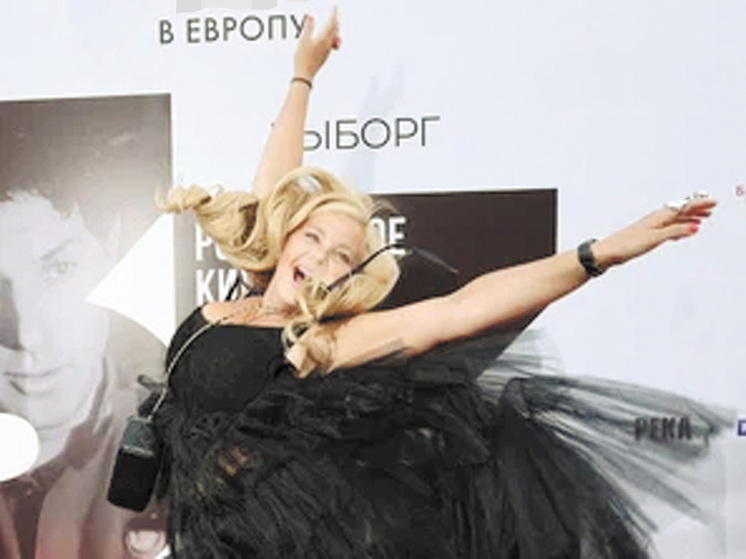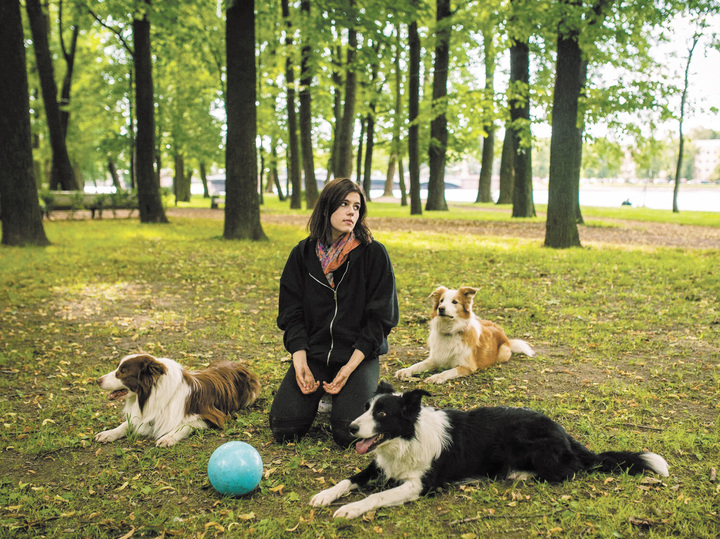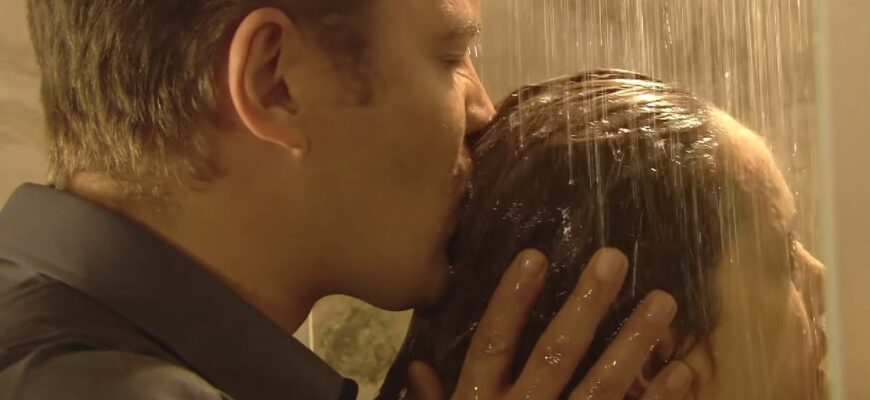The “Window to Europe” film festival in Vyborg, Russia, upholds a long-standing tradition: an open, joint session where the juries from its three main competitions – feature, documentary, and animation – offer their candid assessments of the cinematic landscape. While names and specific film titles are left unspoken, the collective insights paint a recurring, if somewhat unsettling, picture of the state of contemporary Russian cinema. For 33 years, this forecast has remained consistently challenging, yet, remarkably, the art form persists.

Photo: Gennady Avramenko
The Feature Film Conundrum
The feature film competition, it appears, found itself on the shakiest ground this year. Predominantly featuring first and second-time directors, it inadvertently highlighted a growing trend: experienced filmmakers, perhaps sensing the turbulent waters, increasingly opt out of competing with debutants. This phenomenon, the wholesale displacement of seasoned directors, is becoming a hallmark of many film festivals, where the focus has irrevocably shifted to the “young and early” talents. In this challenging environment, veteran director Slava Ross, presenting his film Doggy, stood out as one of the few who managed to maintain a consistent artistic standard, while others often veered unpredictably.
Oleg Malovichko, one of Russia’s most in-demand screenwriters (known for works like Method, Crystal, and Major), led the feature film jury. He vividly described their deliberations as a tumultuous journey:
“I would like to hide behind Charles Dickens and rephrase his sentiment for the festival: `This was a beautiful week. This was a terrible week. This was a beautiful program. This was a terrible program.` We were tossed over bumps for days, oscillating between peaks of delight and abysses of despair. This joy and pain were gifts from the competition films. Beautiful words about finding one`s path and returning to oneself were, perhaps, over-realized. The cinema of this festival returned to the human, maybe too intensely. I longed for conflict in every film. It seems we`ve stopped looking at sharp edges. We desire to hide, to go home, to pull the blanket over our heads. We’ve become detached from what is happening in the country, in the world, around us. As if the turbulence of recent years exists somewhere else. Perhaps this is healing, a medicine, but maybe we should try to speak in cinema about what truly concerns us, boldly, sharply, without fear of consequences, disdaining them. The task of returning to oneself, of illuminating the human, has been accomplished. How do we now transition from individuality to citizenship, to responsibility? That, perhaps, is the subject for the next festival.”
Documentary`s Promising Turn, Bleak Outlook
In stark contrast, the documentary film competition fared considerably better. Lyubov Arkus, a respected film critic and director who chaired the documentary jury, observed a welcome shift away from recent, often criticized trends. She noted a decline in the prevalence of “slick, blockbuster-style” documentaries with large budgets that often lacked a genuine human element, as well as a move beyond the niche “observational art-house cinema.”
Arkus celebrated the emergence of genre in documentary cinema – comedies and dramas, rich with compelling human stories and characters. This, she declared, was a significant cause for joy. However, her overall forecast for the future of documentary cinema remained somber. She voiced a critical concern about the limited avenues for talented young filmmakers:
“I don`t understand where talented young people are supposed to show their films. Currently, there are two niches, both connected to politics. There`s state-commissioned cinema, and there`s cinema commissioned by so-called undesirable organizations. Neither interests me personally. I am always interested in films about people. But while the first and second have a narrative, a platform, a client that distributes them, and they can be watched, I don`t know where to watch the talented films we saw in Vyborg.”
These films, she explained, are often rejected by platforms, under the convenient pretext that audiences aren`t willing to pay for them. They remain largely unseen outside the confines of the few remaining film festivals.

Photo: Festival Press Service
Animation`s Poetic Struggle
The animation jury consistently enjoys a more favorable position. Alexander Khramtsov, a director and art director known for his work on projects like Ku! Kin-dza-dza, highlighted the unique nature of animation: it builds worlds from a blank page, offering limitless possibilities but also profound responsibility. He characterized animation as a deeply poetic art form, emphasizing the importance of a clear “director`s message” that resonates with audiences.
His fellow juror, writer Stanislav Vostokov, added a poignant observation: out of 25 animated films, only one was an adaptation. He wistfully recalled the golden age of Soviet animation, much of which was rooted in literary works, and expressed a desire for a closer collaboration between literature and animation in the future.
The Narrowing Auteur Path
Across all genres, a pervasive sentiment emerged: the space for auteur cinema is steadily shrinking. This is particularly critical for animation, which some fear is on the brink of collapse in this regard. Auteur films receive minimal support, pushing feature film directors towards self-censorship. To secure theatrical releases or platform distribution, filmmakers increasingly adhere to perceived audience demands, often at the expense of artistic courage.
Film critic and programmer Andrey Apostolov confirmed the difficulty of curating a purely festival-oriented film program, noting the scarcity of truly bold and experimental works. Indeed, in the entire feature film competition, only one such picture dared to push the boundaries.
The “Window to Europe” festival, through its open jury discussions, continues to serve as a vital, if sometimes discomfiting, barometer for Russian cinema. The forecast remains stubbornly “unsettling,” characterized by a complex interplay of artistic aspiration, economic realities, and societal pressures. Yet, despite these persistent challenges, the sheer act of creating and showcasing films, of these conversations taking place, serves as a testament to cinema`s enduring vitality. One can only hope that future festivals will witness not just a return to “self,” but a bold, unapologetic leap into “civic responsibility” and fearless artistic expression.








